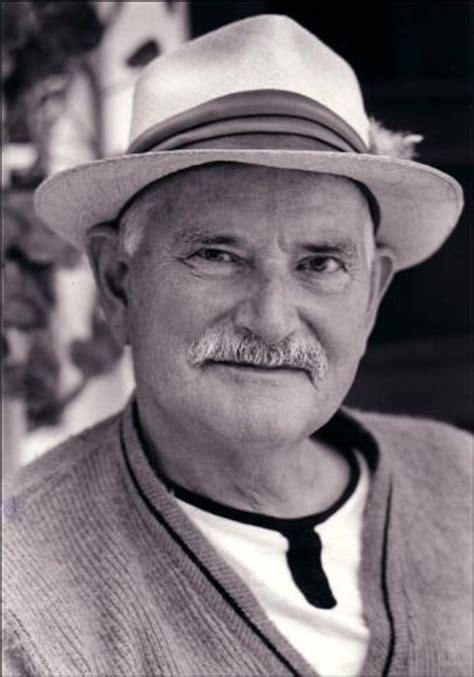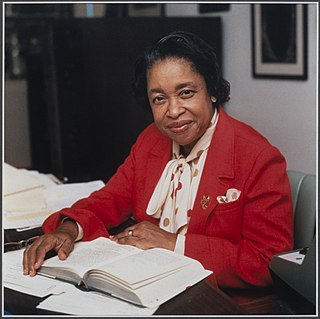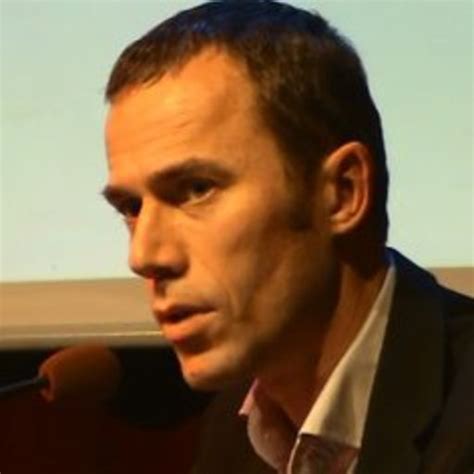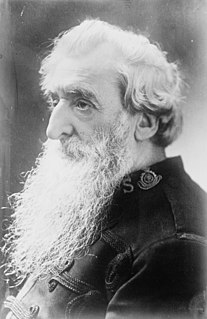A Quote by Henry Beston
Nature is a part of our humanity, and without some awareness and experience of that divine mystery man ceases to be man.
Related Quotes
In philosophical anthropology, ... where the subject is man in his wholeness, the investigator cannot content himself, as in anthropology as an individual science, with considering man as another part of nature and with ignoring the fact that he, the investigator, is himself a man and experiences this humanity in his inner experience in a way that he simply cannot experience any part of nature.
The primordial model of the family is to be sought in God himself, in the Trinitarian mystery of his life. The divine "We" is the eternal pattern of the human "we", especially of that "we" formed by the man and the woman created in the divine image and likeness... Man is created "from the very beginning" as male and female: the life of all humanity - whether of small communities or of society as a whole - is marked by this primordial duality.
I believe there is something of the divine mystery in everything that exists. We can see it sparkle in a sunflower or a poppy. We sense more of the unfathomable mystery in a butterfly that flutters from a twig--or in a goldfish swimming in a bowl. But we are closest to God in our own soul. Only there can we become one with the greatest mystery of life. In truth, at very rare moments we can experience that we ourselves are that divine mystery.
Nature is man's inorganic body -- that is to say, nature insofar as it is not the human body. Man lives from nature -- i.e., nature is his body -- and he must maintain a continuing dialogue with it is he is not to die. To say that man's physical and mental life is linked to nature simply means that nature is linked to itself, for man is a part of nature.
There is therefore no reason to put a limit to evolutionary possibility by taking our present organization or status of existence as final. The animal is a laboratory in which Nature has worked out man; man may very well be a laboratory in which she wills to work out superman, to disclose the soul as a divine being, to evolve a divine nature.
In Philosophy, the contemplations of man do either penetrate unto God, or are circumferred to Nature, or are reflected and reverted upon himself. Out of which several inquiries there do arise three knowledges, Divine Philosophy, Natural Philosophy, and Human Philosophy or Humanity. For all things are marked and stamped with this triple character of the power of God, the difference of Nature and the use of Man.
I believe deeply in a common humanity. The black man belongs to the family of man. One part of that family is out of control - like a virus or cancer - and that is the white man. He and his technological society are bent on destroying the world. Everywhere the white man has gone with his empire, he has destroyed people, races, societies, cultures, and in the course of it, has sterilized himself. He is completely the mechanical man: without heart, without soul. He is the Tin Man of The Wizard of Oz. But I don't believe that all the white people in the world are no good.
If we can combine our knowledge of science with the wisdom of wildness, if we can nurture civilization through roots in the primitive, man's potentialities appear to be unbounded, Through this evolving awareness, and his awareness of that awareness, he can emerge with the miraculous-to which we can attach what better name than 'God'? And in this merging, as long sensed by intuition but still only vaguely perceived by rationality, experience may travel without need for accompanying life.
Mystical experience of nature can be of particular relevance to our troubled age, bringing deeper into our consciousness and emotions the logic that nature sustains humanity as humanity must, in turn, sustain nature. Rationality alone, however, cannot be our guide in the task of restoring our environment. A spiritual connection to nature must inspire the emotional commitment that is the yin, complementing the yang of intellectual understanding.
To get a man soundly saved it is not enough to put on him a pair of new breeches, to give him regular work, or even to give him a University education. These things are all outside a man, and if the inside remains unchanged you have wasted your labor. You must in some way or other graft upon the man's nature a new nature, which has in it the element of the Divine.
One of the most revolutionary concepts to grow out of our clinical experience is the growing recognition that innermost core of man's nature - the deepest layers of his personality, the base of his 'animal nature' - is basically socialized, forward-moving, rational and realistic... He is realistically able to control himself, and he is incorrigibly socialized in his desires. There is no beast in man, there is only man in man.






































